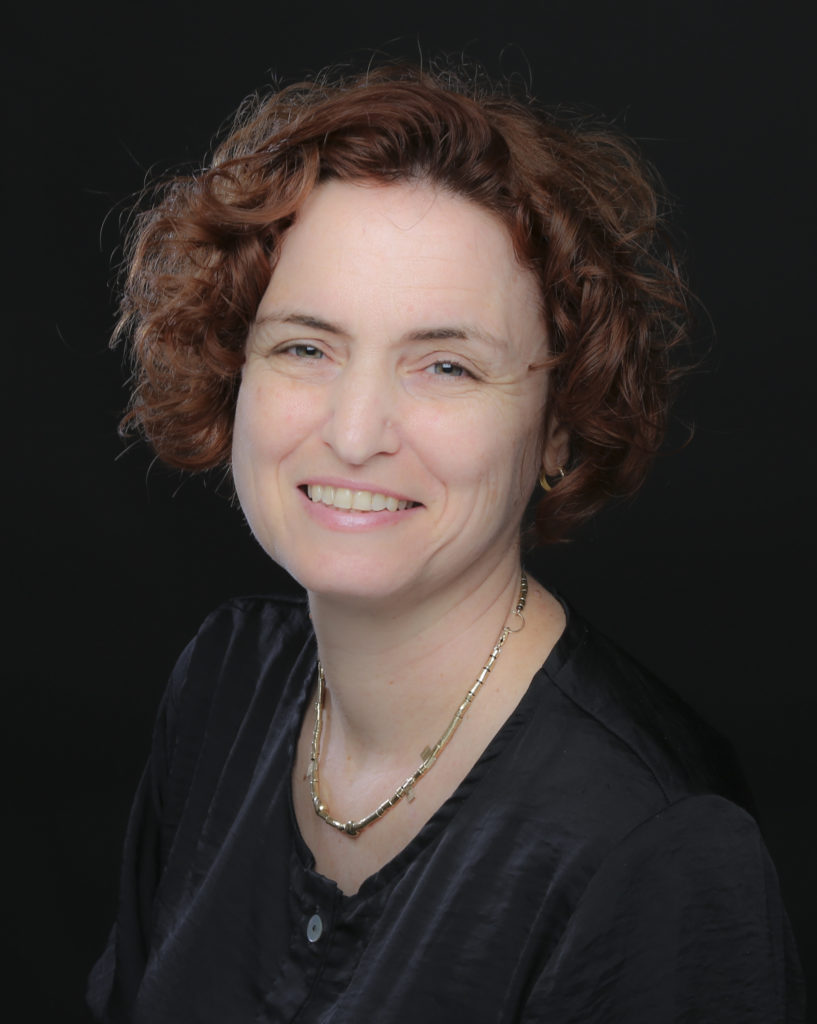We are pleased to celebrate Dr. Lihi Eder, recently awarded Tier 2 Canada Research Chair in Inflammatory Rheumatic Diseases. The Canada Research Chair Program aims to make Canada one of the world’s top countries in research and development by attracting and retaining a body of diverse and exceptional researchers.
Dr. Eder is a scientist at Women’s College Research Institute (WCRI), staff rheumatologist and Co-Director of the Cardio-Rheumatology Program at Women’s College Hospital (WCH), as well as Associate Professor of Medicine, Research Director, Division of Rheumatology at University of Toronto. As a Canada Research Chair, Dr. Eder will continue to focus her research in rheumatology with a health equity lens, as rheumatology disproportionately effects older individuals and underserved communities. Over the next five years, she and her team will focus on three main areas of research:
Sex and gender disparities associated with psoriatic arthritis
Women tend to respond less-well to medications/treatments, but currently there are no findings to indicate why. Dr. Eder will be analysing biological and cultural factors that could be attributing to this issue, looking at discrimination and lack of access to care.
Correlation between rheumatic diseases and cardiovascular risk factors
Patients with rheumatic diseases have a high risk of developing cardiovascular disease and stroke and are currently under treated for these risk factors. Dr. Eder and her team are looking to improve the care of individuals with rheumatic diseases as it relates to cardiovascular risk factors through research, clinical care, and education. Dr. Eder will be working to understand some of the factors that influence the care of older women with rheumatic diseases by developing tools to try and identify high risk patients. Through the combination of imagining, modalities, special blood tests and clinical information, she hopes to develop better tools to identify high risk patients.
Access to Care
Dr. Eder uses musculoskeletal ultrasound as a point of care in her clinical work and research. Regular musculoskeletal ultrasound machines are large and expensive to purchase which poses a challenge for rheumatologists in remote communities, meaning individuals in these communities with rheumatic diseases are having to travel long distances to access care, or not accessing care at all for their disease.
One advancement in this field has been the development of hand-held devices for the use of musculoskeletal imaging. The handheld devices are a convenient size, relatively cost effective and provide real-time imagining. Dr. Eder and her team plan on studying these handheld devices to validate their use for rheumatology care. They will then take their research to the next step and see if the device can be used in practice in rheumatology by rheumatologists and allied health professionals.
Rheumatology relies heavily on physical examination of a patient, so it has been challenging to adapt to virtual care. Having these devices in remote communities with trained professionals might provide an opportunity for patients to reduce in-person care and expand rheumatology care to remote communities.
With her incredible expertise and experience in the field, combined with strong stakeholder relationships across the country, Dr. Eder is ideally suited to this role as a Canada Research Chair. We look forward to seeing her continued work over the years in revolutionizing healthcare for all!
